The Power of Respect in Education: Building a Community of Compassion and Growth
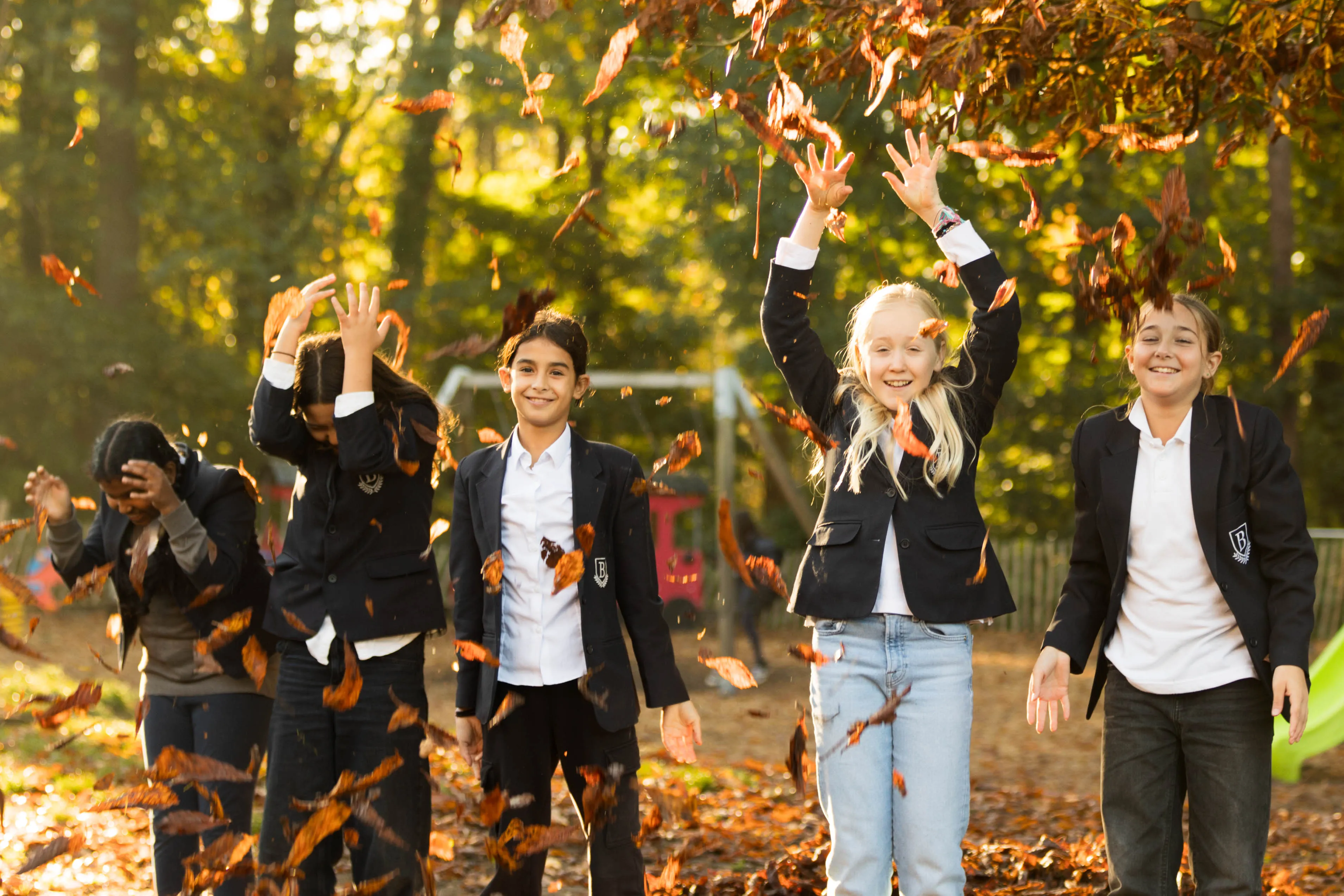
In our school’s mission to combine passionate, student-centred learning with shared community values, one of the fundamental principles is respect. Respect involves recognizing and valuing the importance of all parts of a community equally: ourselves, others, and our surroundings. This principle is not only key to fostering a positive learning environment, but it is also a cornerstone of human development, collaboration, and well-being.
The cultivation of respect begins with a healthy sense of self-worth. Respecting oneself means recognizing personal strengths and areas for growth while striving for improvement. This fosters confidence, resilience, and a sense of agency. Research suggests that self-respect and self-esteem are closely linked to academic motivation and performance (Baumeister et al., 2003). When students respect themselves, they are more likely to engage in learning with energy and purpose.
Equally important is respect for others. In our diverse school community, we believe in embracing different perspectives, identities, and contributions. Learning to respect others fosters empathy, helping students build stronger relationships and collaborate meaningfully. A culture of respect encourages kindness, inclusion, and emotional safety while reducing conflict. Studies show that students who feel respected by their teachers and peers are more motivated, successful, and experience greater well-being (Rimm-Kaufman & Sandilos, 2017).
Our responsibility also extends to caring for our surroundings. Teaching students to respect their physical environment—whether it’s their classroom, campus, or natural world—instils a sense of responsibility and sustainability. This respect not only improves their school experience but encourages them to take positive action in the wider world, fostering sustainability and global citizenship.
At Bogaerts International School, we are committed to creating an inclusive learning environment where every individual feels seen, valued and heard. From open, respectful classroom discussions to community service projects, we are preparing students to become compassionate, thoughtful leaders. The impact of respect is far-reaching: it builds stronger relationships, enhances learning, and empowers students to make meaningful contributions both in our school and beyond.
References
Baumeister, R. F., Campbell, J. D., & Vohs, K. D. (2003, May). Does High Self-Esteem Cause Better Performance, Interpersonal Success, Happiness, or Healthier Lifestyles? Psychological Science in the Public Interest, 4(1), 1-44. https://journals.sagepub.com/doi/10.1111/1529-1006.01431
Rimm-Kaufman, S., & Sandilos, L. (2010). Improving students’ relationships with teachers to provide essential supports for learning. American Psychological Association. https://www.apa.org/education-career/k12/relationships
Bogaerts International School
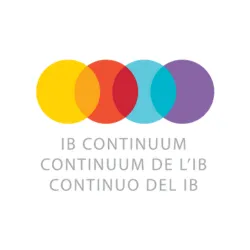
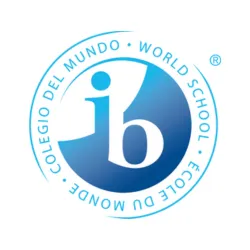
.png)
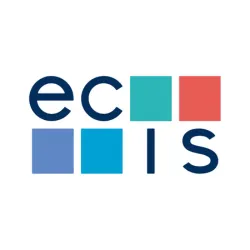
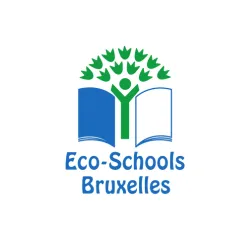



.png)















.png)
.png)




